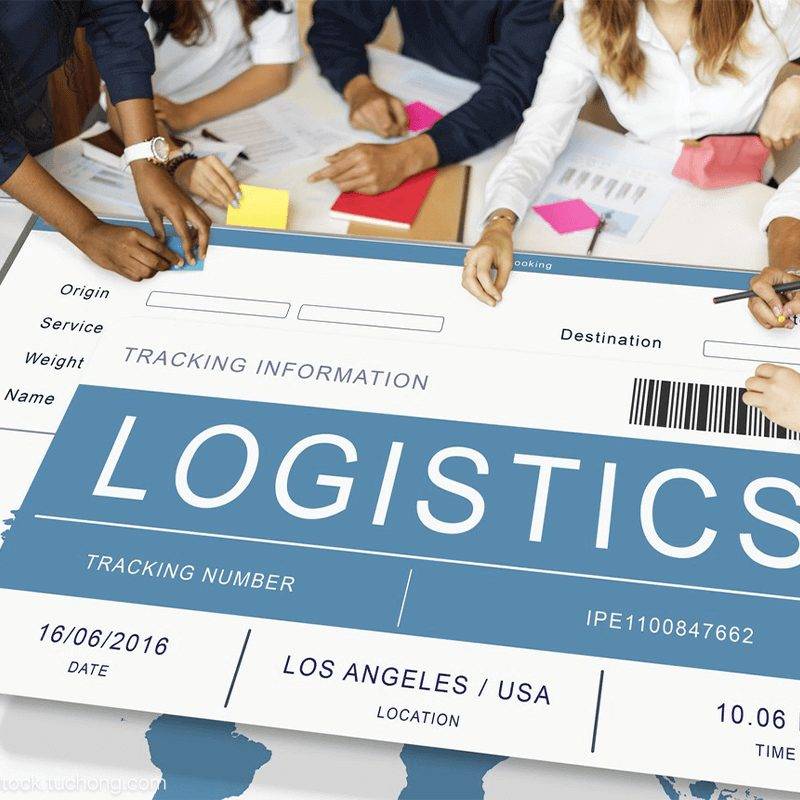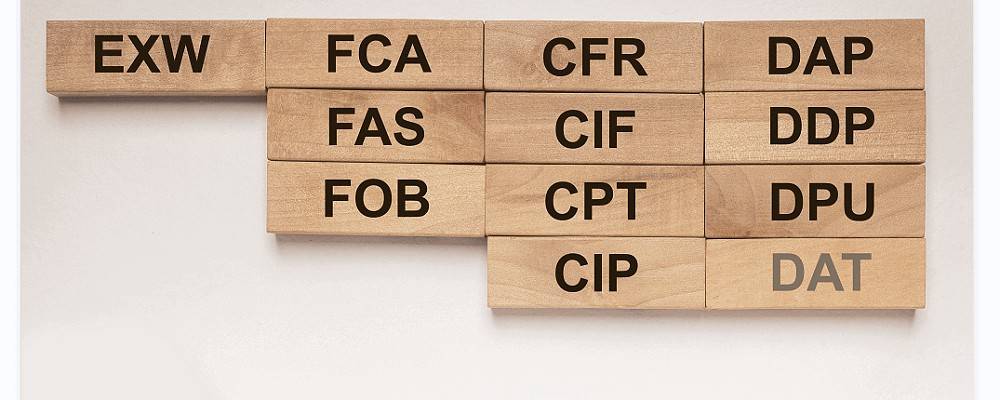2023-01-31
At JIKEship, we want to provide our customers with the best possible service - minimizing their costs and risks and creating a hassle-free environment for them to ship their goods around the world. Doing so has never been more important than at "origin". The early stages of the journey are driven by a number of important processes that are critical to ensuring the safe passage of cargo and customer peace of mind.
We spoke with JIKEship's Global Head of Customer Service to find out what the origin process entails. She described what the potential risks are and how we manage them at JIKEship.
The origin process depends on the international commercial terms or Incoterms agreed between the supplier and the buyer - this can vary and affect the responsibilities we take on during the shipment. One of the most common terms we encounter is "free on board" (FOB). In this case, for example, the process begins when a buyer or supplier logs into the JIKEship platform and makes a booking. Depending on who initiated the booking, the other party then confirms the booking - indicating that both parties have agreed to what is expected.
Once things are confirmed, both parties receive a confirmation letter with detailed information about the vessel, voyage, estimated port of loading departure (ETD), estimated time of arrival at the port of discharge (ETA), and other necessary information. For buyers, this means they can plan the arrival of their cargo and start tracking the journey on JIKEship. Next, it is important to upload all the necessary shipping instructions, load the container and clear it through customs. Most of this is handled by the supplier, but we will keep you informed of any changes and notify the buyer.
Submit this form to receive updates from JIKEship and its origin process and logistics related news via email and phone.
Once the container has been loaded and the vessel has left, the supplier's responsibility ends under FOB incoterm. Therefore, it is important that we ensure that everything is loaded correctly and that all parties are aware of any changes to the schedule.
Finally, we will review the bill of lading (BL), which is an important document that allows the release of the goods to the consignee - so it is also important that the bill of lading is accurate. In addition to the B/L, there are also customs documents such as commercial invoices and packing lists that are required for import procedures.

There are many issues that can arise when preparing goods for export. The following are some typical problems that can happen to any supplier anywhere.
At JIKEship, we do a lot to mitigate and avoid these risks for our clients. We have nearly a decade of experience in the freight forwarding industry. We have the advantage of this knowledge and expertise and can often resolve many issues before they reach our customers. In addition, we actively work with our suppliers to closely monitor progress through our 7 key milestones. the JIKEship platform is constantly evolving and updating to ensure an increasingly seamless experience and integrated portal for our customers.
The origination process is intricate and attention to detail is key. One of the best pieces of advice I can give is to make sure you book in advance - at least five days before the "shipment ready date". With a good forecast, this should be easy and it gives us time to do the best job for you. Beyond that, please remember that we are always here to help you and if you have any questions, queries or comments during the process, please feel free to contact us! If you've never booked through us before, get in touch and we'll show you how to make the whole process smoother!

Entering global trade means that your responsibilities involve importing and exporting goods - which requires an understanding of Incoterms in logistics.
2023-01-13

Rules of origin determine a product's origin and can determine preferential customs treatment or duties for goods from specific countries.
2022-12-22

A certificate of origin proves where goods originated and is often needed for international trade, helping to determine taxes, tariffs, and quotas.
2022-11-04
We use third-party cookies in order to personalise your experience.
Read our cookie policy